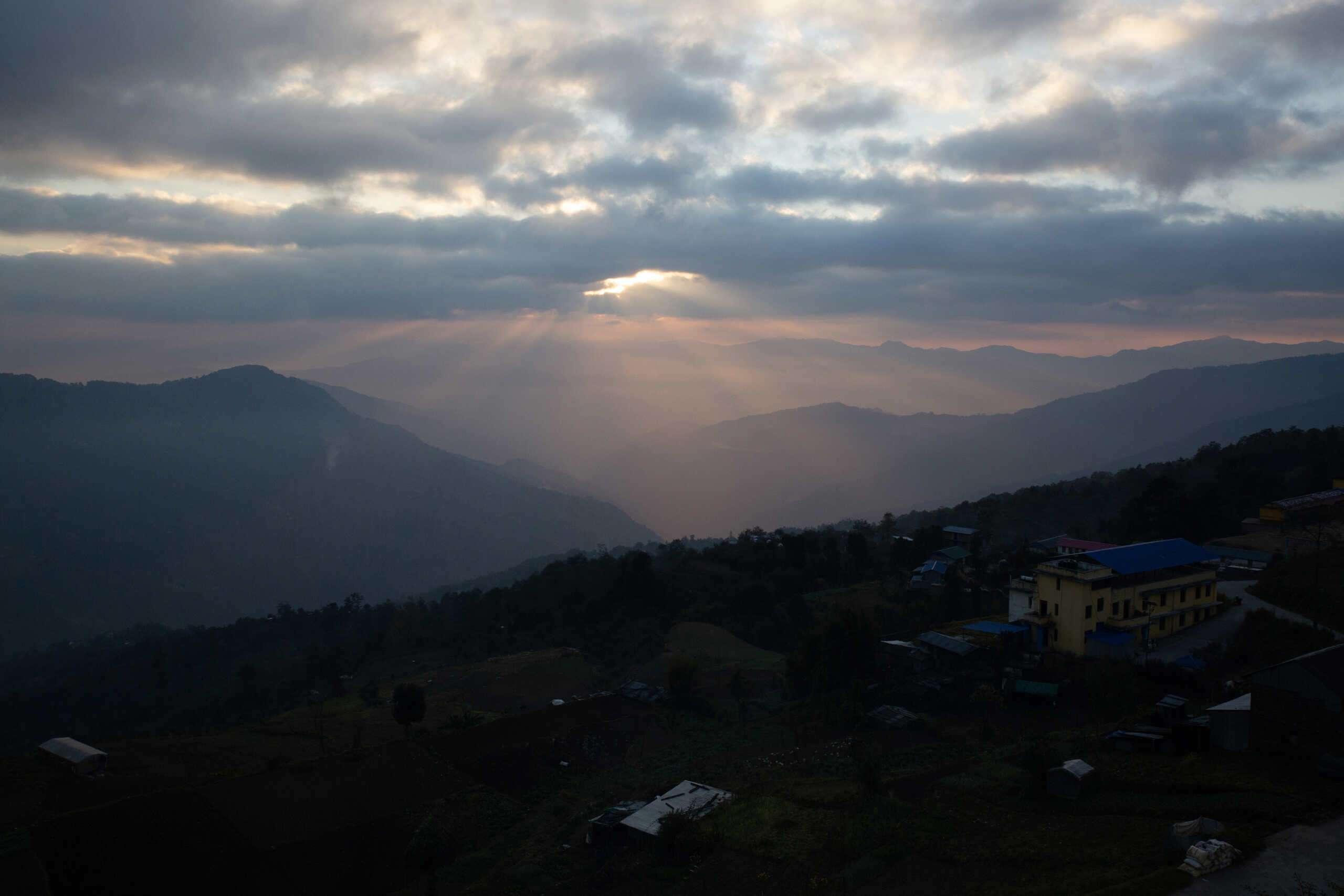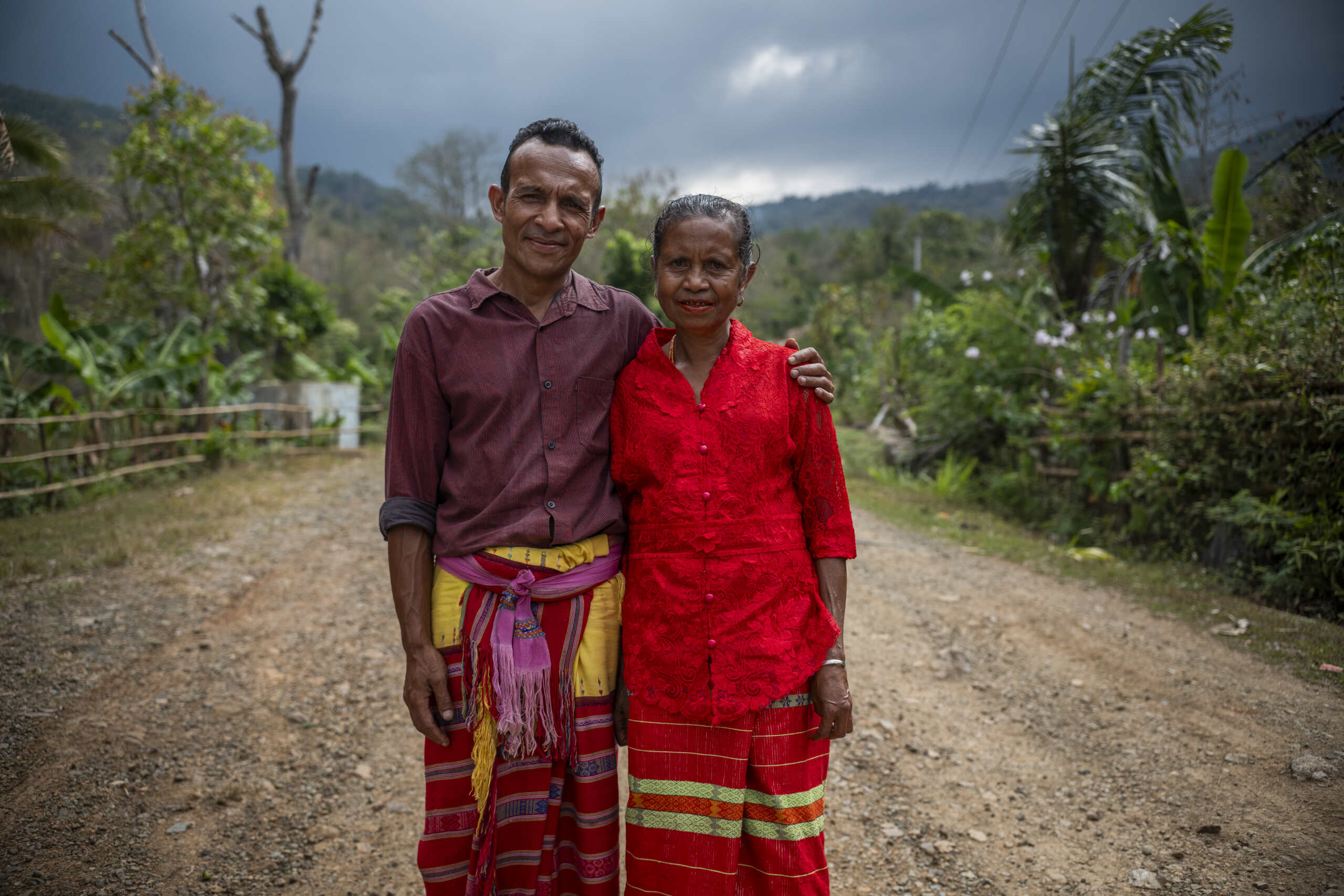Workshop: the importance of eye-health inclusion and equity
Stories | November 4, 2019
In the lead up to the International Agency for the Prevention of Blindness (IAPB) Council meeting in October, we held an interactive workshop on “Leaving no-one behind: strengthening inclusion and equity in eye health”, in conjunction with Sightsavers.
The workshop shared evidence based information and experiences of making eye-health services inclusive and accessible for people with disabilities and other marginalised peoples.
15 per cent of the world’s population have a disability, with 80 per cent living in low to middle-income countries.
People with disabilities are among the poorest and most marginalised people globally, and are more likely to experience poorer health outcomes than their peers without disabilities.
In addition, in communities with a high prevalence of disability, there are generally many other factors contributing to marginalisation including: poverty, gender discrimination, HIV status, ethnicity and/ or religious discrimination, refugee status, surviving a disaster, and level of education. All these and other factors mean that health services need to be intentional about meeting the needs of all people with disabilities to ensure that they can access services.
Our workshop
Our workshop included a space for people with lived experience of disability and other marginalisation to share their interactions with, and recommendations to, eye-care and other health services. It is important that when service providers and health professionals hear the voices of people with disabilities they get the real story of why inclusive health services are needed.
Sharing experiences
We shared tools and practical approaches with participants as they heard case studies highlighting the successes and challenges several organisations have experienced operating in different contexts.
Our workshop participants discussed seeking best outcomes for people with long-term vision impairment, for whom medical intervention is not an option.
We hope our participants had an informative time at our workshop and that they are now better prepared to work together to ensure we leave no-one behind.
https://www.cbm.org.au/stories/workshop-the-importance-of-eye-health-inclusion-and-equity
Related Stories

Building inclusive, climate resilient communities in Bangladesh
Highlights from DFAT Post’s visit In January 2026, representatives from the Australian High Commission in...

Week 1 – Lent series 2026
As we enter the season of Lent, we’re taking time as a community to pause, reflect, and draw closer to the heart of God. Lent invites...

How CBM is making a difference in Indonesia
For more than 45 years, CBM Global has been working alongside communities in Indonesia to ensure people with disabilities...
